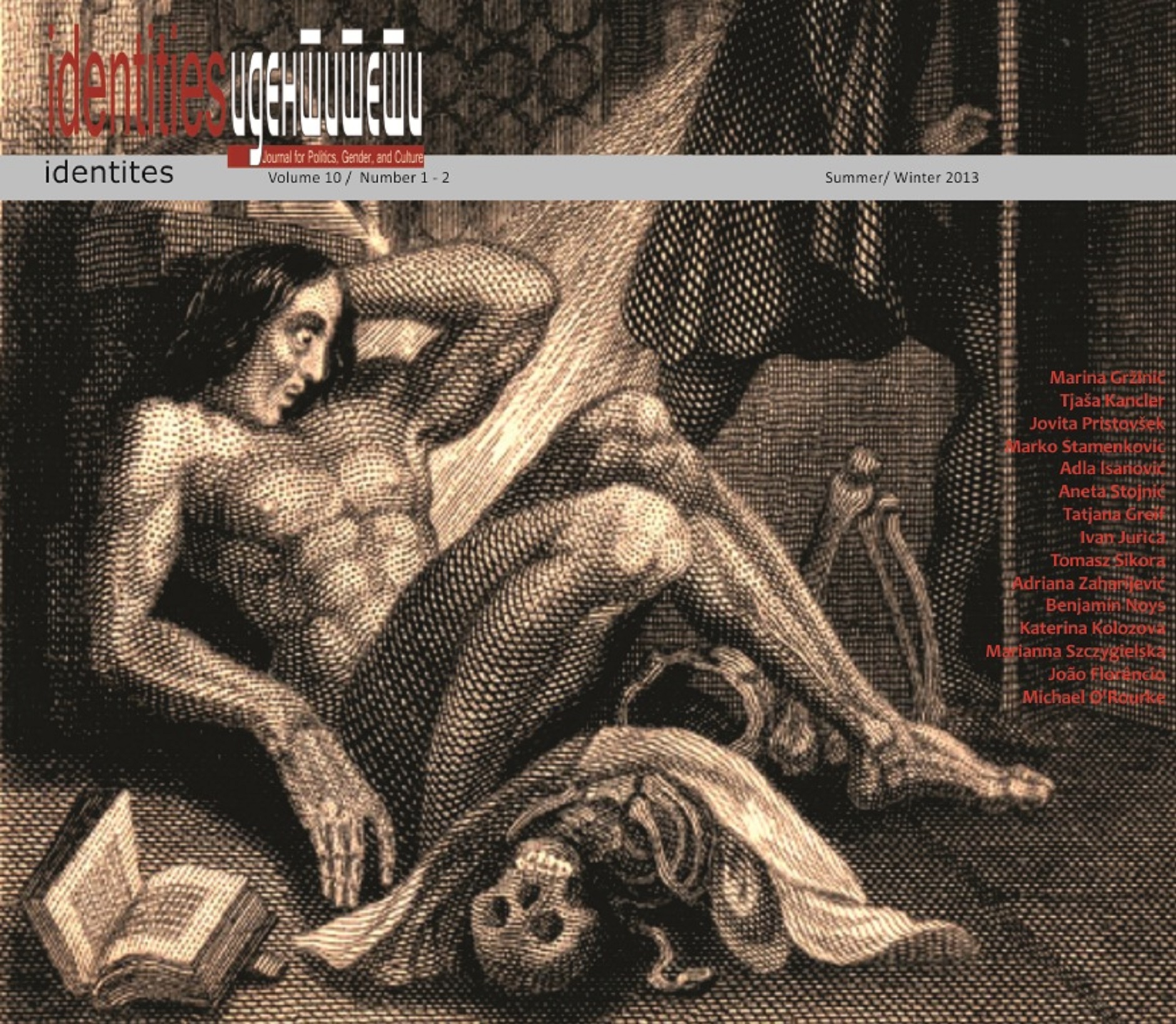Of the Possibility of Immanent Revolt as Theory and Political Praxis
DOI:
https://doi.org/10.51151/identities.v10i1-2.284Keywords:
Marxism, Non-Marxism, the real, abstraction, immanence, victim, persecutionAbstract
The only way to immanently revolt against the world is the non-abstract way. Revolting against concrete occurrences of subjugation and violence rather than in the name of abstractions and visions of transformation of the world is political action “affected by immanence.” It is also action determined by “interests” which are real and sensuous (or material), says Marx, rather than abstract or philosophical. According to Marx, abstraction itself is what ought to be combated and a world in consonance with the real or the material immediate exigencies should be created. The world will be always made of philosophy, Laruelle would say, and it will always already persecute the human in human. The constant revolution can transform it into a socio-political order which is observant of the “real interests” rather than abstractions, writes Marx. In that way, the world could become a more just and happier place, one where persecution is minimalised by virtue of the reversal in hierarchy between philosophy and the real whereby the former would succumb to the dictate of the latter.
Author(s): Katerina Kolozova
Title (English): Of the Possibility of Immanent Revolt as Theory and Political Praxis
Journal Reference: Identities: Journal for Politics, Gender and Culture, Vol. 10, No. 1-2 (Summer-Winter 2013)
Publisher: Institute of Social Sciences and Humanities – Skopje
Page Range: 93-100
Page Count: 8
Citation (English): Katerina Kolozova, “Of the Possibility of Immanent Revolt as Theory and Political Praxis,” Identities: Journal for Politics, Gender and Culture, Vol. 10, No. 1-2 (Summer-Winter 2013): 93-100.

Downloads
Published
How to Cite
License
Identities is published under the following license: Creative Commons Attribution-NonCommercial-NoDerivatives 4.0 International (CC BY-NC-ND 4.0). Under this license, users of our content must give appropriate credit to authors and source as well as indicate if changes were made, cannot be used for commercial purposes, and, in the instance that it is built upon or transformed, may not be distributed. For Identities, the copyrights allow the audience to download, reprint, quote in length and/or copy articles published by Identities so long as the authors and source are cited. For more information on our license, see the following: https://creativecommons.org/licenses/by-nc-nd/4.0.








